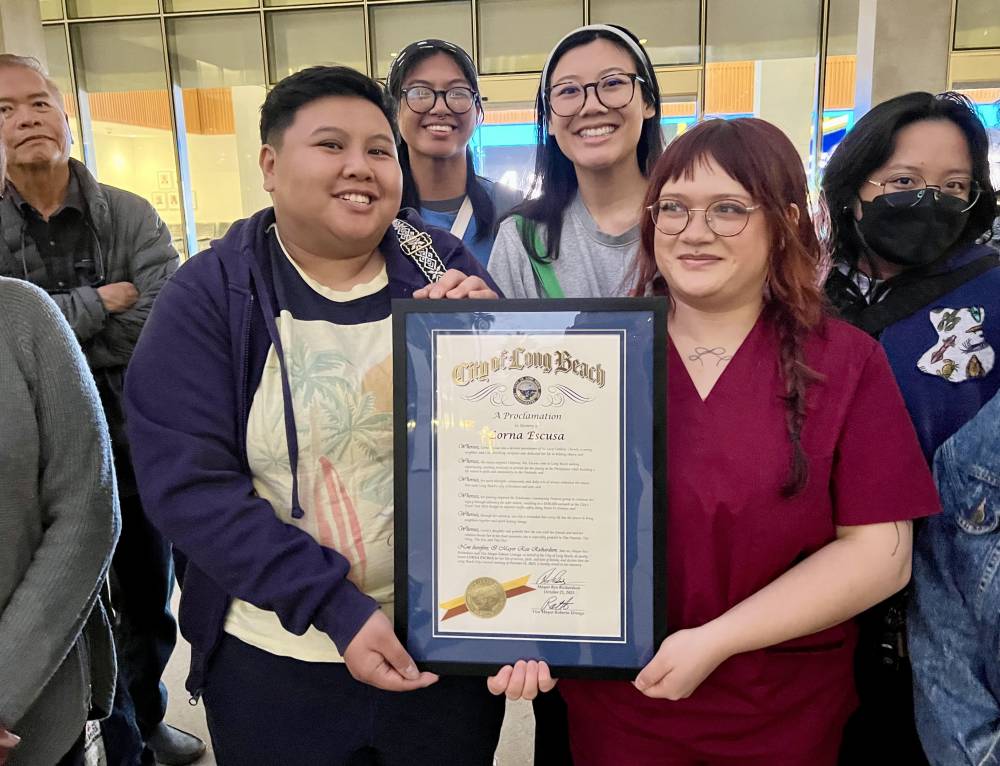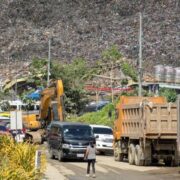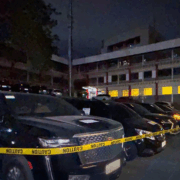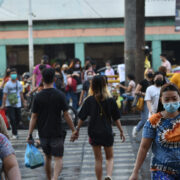Caregiver’s death sparks reforms in California city

LONG BEACH, California—Her tragic death last year on a lonely California highway could have easily been forgotten. Just another lamentable end to a hapless immigrant searching for a better life in America.
Instead, a sisterhood of young Filipino American women who never knew Lorna Escusa is making sure her life and death will now be part of their history.
That noble pursuit has come closer to reality as top city officials last week honored the memory of Escusa, 75, an undocumented immigrant from the Bicol region in the Philippines who was killed in a hit-and-run early in the morning of Sept. 4, 2024.
On a day when US President Donald Trump vowed to send more federal troops in his sweeping assault on immigrants, this city decided—in defiance of Trump—to embrace Escusa and recognize her work as a caregiver in this community, despite her immigration status.
Her death has sparked outrage in the Filipino immigrant community in Long Beach against city officials said to be favoring big-budget construction facilities for the 2028 Olympics over the demand of minority communities that their potholes and faulty street lights be fixed.
‘Activism still works’
It took a yearlong sustained campaign by young women volunteers of Fil-Am group Filipino Migrant Center (FMC) before reforms were instituted.
“This is a validation that activism still works. Persistence still works,” said Re Prado, a 23-year-old nursing student who headed FMC’s campaign for safer streets.
Long Beach Mayor Rex Richardson, 42, has remarked that “Through her (Escusa’s) memory, our city is reminded that every life has the power to bring neighbors together and spark lasting change.”
By “lasting change,” Richardson was talking about how Escusa’s death need not be for naught—and that government can initiate concrete changes to prevent similar deaths in the future.

Chance to speak out
At last Tuesday’s city council meeting, college freshman and FMC intern Lauren Faith Niro, who was eyeballing Richardson and Vice Mayor Roberto Uranga, warned that “More people will die.”
“We demand permanent fixes, not temporary bandages to this problem,” said the 22-year-old history major at California State University in this city.
Niro’s family who hails from Antipolo, Rizal, is tired of being ignored and today she had a chance to speak out.
Armed with the power of data, she was speaking truth to power.
“Forty-four deaths and accidents have happened in our area this year, and this is a historic high,” Niro said, rattling statistics from state offices and the local police, as the council listened to her with rapt attention.
“We are looking forward to getting you a seat at the table,” conceded Richardson, who himself was swept to power under historic circumstances in 2022 when he was elected the first African American mayor of Long Beach.
“This is a victory for our struggle for recognition, not only for Lola Lorna but also for Filipinos here in America,” said Prado, who thanked the city council for honoring Escusa.
History Month
Richardson and the 10-member city council voted unanimously to allot in next year’s budget some $100,000 (about P5,700,000) to add more street lights, speed bumps and safety signs along Santa Fe Avenue—where Escusa was killed on her way to St. Lucy Catholic Church.
“You can’t fight City Hall,” says that famous American idiom. But the thousands of dollars about to flow into the Filipino community here is proof that this aphorism is no longer true.
“I thank you and the Inquirer for telling Lorna’s story,” Fr. Budi Wardhana told this reporter after the council meeting.
Wardhana is the pastor at St. Lucy who gave Escusa her last rites after she was taken off life support at St. Mary’s Hospital.
The recognition and budget outlay came as Filipinos in America are celebrating Filipino-American History Month.
Best friend
Long Beach is home to about 20,000 Filipino immigrants mostly working in hospitals and in the Port of Long Beach, as the container port area in this city is called.
“This tribute and recognition is bittersweet,” said Nanette Apacible, 70, a retired nurse and Escusa’s best friend.
On Friday, Apacible told this reporter that Escusa—who had lost her husband also last year just before she died—had been fearful she would be deported if Trump became president.
Indeed, Trump won the 2024 presidential election that November, just two months after her death.
Apacible said Escusa had confided to her that she planned to return home for good before Christmas that year to be with her children and grandchildren.
Instead, Escusa is due to return home this year in a box of her cremated remains—a tragic, tearful Christmas reunion with her son Michael and daughter Jade in Las Piñas.
“She can now rest in peace,” Apacible said.

















